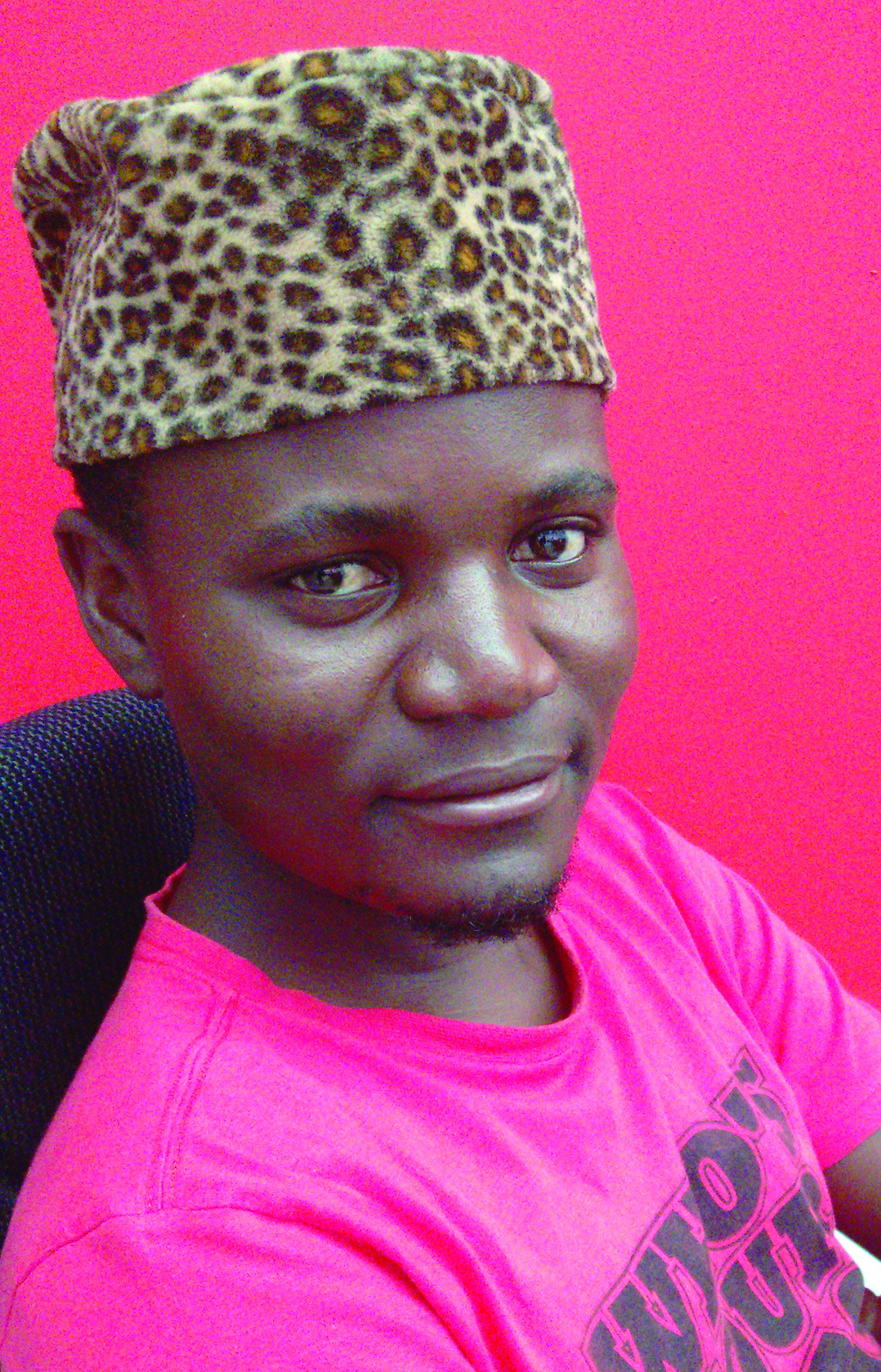
 BY TAPIWA ZIVIRA
BY TAPIWA ZIVIRA
Just like weevils, anger and hurt within a society – if unmitigated — can work their way to the core, disintegrating and dividing society, leaving room for conflict and regression.
The same can be said of Zimbabwe, a country that has gone through a series of hurtful and traumatising periods that include the 1896 uprisings against white settler rule, the 1970s war of liberation, the 1980s Gukurahundi massacres perpetrated against the Ndebeles and the post-2000 waves of political violence.
Each of these phases was marked by harassment, killings and discrimination based on religion, gender, political affiliation, race or tribe and many other elements that left trauma, pain and grief among the victims, their families and society in general.Sadly, the country has never conducted a successful truth and reconciliation process based on broad participation towards national healing and reintegration.
It was clear the colonial regime was never going to hold such a process as the suppression, segregation and harassment of black Zimbabweans was the colonisers’ means of survival.
The golden opportunity for a turning point came in 1980 when Robert Mugabe’s Zanu PF assumed power.
Clearly, Zimbabweans were tired, angry and traumatised and were prepared to mount civil revenge on the former oppressor.
- Chamisa under fire over US$120K donation
- Mavhunga puts DeMbare into Chibuku quarterfinals
- Pension funds bet on Cabora Bassa oilfields
- Councils defy govt fire tender directive
Keep Reading
The anger was not only directed towards the whites as freedom fighters had also committed war crimes against societies within which they operated.
History is always slanted towards the winners and often without truth and reconciliation,it is always told in a way that portrays only the good side of the winners; but those who know well the history of the liberation struggle can testify to acts of rape, murder, plunder, intimidation, displacement and other war crimes committed by guerilla fighters against the same villagers that cooked for them.
So, it was a cocktail of anger in 1980, but it was overridden and briefly held back by the excitement and euphoria of a newly independent nation and the prospects of new opportunities and new freedoms.In the same way, it was a window of relief and a chance to initiate a healing process by the incoming government.
But instead of seizing this opportunity, the new regime did not show — whether deliberately or not — enough courage to provide the conciliatory tone that sets the path for healing.
On the backdrop of a speech “forgiving” whites for all their transgressions, then Prime Minister Robert Mugabe, his government and party officials were spewing hate speech and threats to the masses across the country.
In 1983, Mugabe referred to Joshua Nkomo, with whom he had fallen out, as; “The dissident party (Zapu) and its dissident father (Nkomo) are not only destined for rejection, but for utter destruction” and in another instance, referred to Nkomo as a “cobra” whose head had to be crushed.
This was to be followed by a massive government-instituted military crackdown, Gukurahundi, that is estimated to have left about 20 000 dead in Matabeleland and the Midlands Provinces and eventually led to a unity agreement between Mugabe and Nkomo in 1987.
In year 2000, the land reform program kicked off and was marked by violence and killings and hundreds of thousands of farm workers were displaced amid intimidation and harassment.
Since the formation of the MDC in 1999, Zimbabwe has been going through phases of politically-motivated violence with and an estimated over 300 people have been killed since then.
More recently, a pro-democracy activist, Itai Dzamara, was allegedly abducted and has not been found yet. He joins a long list of people who have disappeared on political grounds.
Significant traumatising moments include the losses of lives to the cholera outbreak of 2007-8 and the financial and employment losses suffered after the record hyperinflation in 2008.
Like the weevils left to feast on a good yield, the anger and hurt in Zimbabwe has been left for too long to munch into the fabric of Zimbabwean society.Now, the Zimbabwe is a country that is characterised by fear, dejection and frustration, leaving little room for national development.
Everyone in every corner of society is hurt in some way and this anger is vented and seen in political, economic and social processes.
Zanu PF has shown no willpower to make functional the National Peace and Reconciliation Commission as provided for by the new Constitution.
That, however, does not take away the urgent need for genuine, people-centred national healing and reconciliation as this is the only way the nation can start moving forward.
This is because due to their open nature, healing and reconciliation processes tend to focus on forgiving, rather than punishing perpetrators.
Zimbabwe waits, but like the grain being eaten by weevils, its society is fast turning into dust.
Unless he gathers the willpower and realises it is his only chance to reintegrate Zimbabwe, Mugabe (91) will leave a legacy of anger, segregation and hate.











